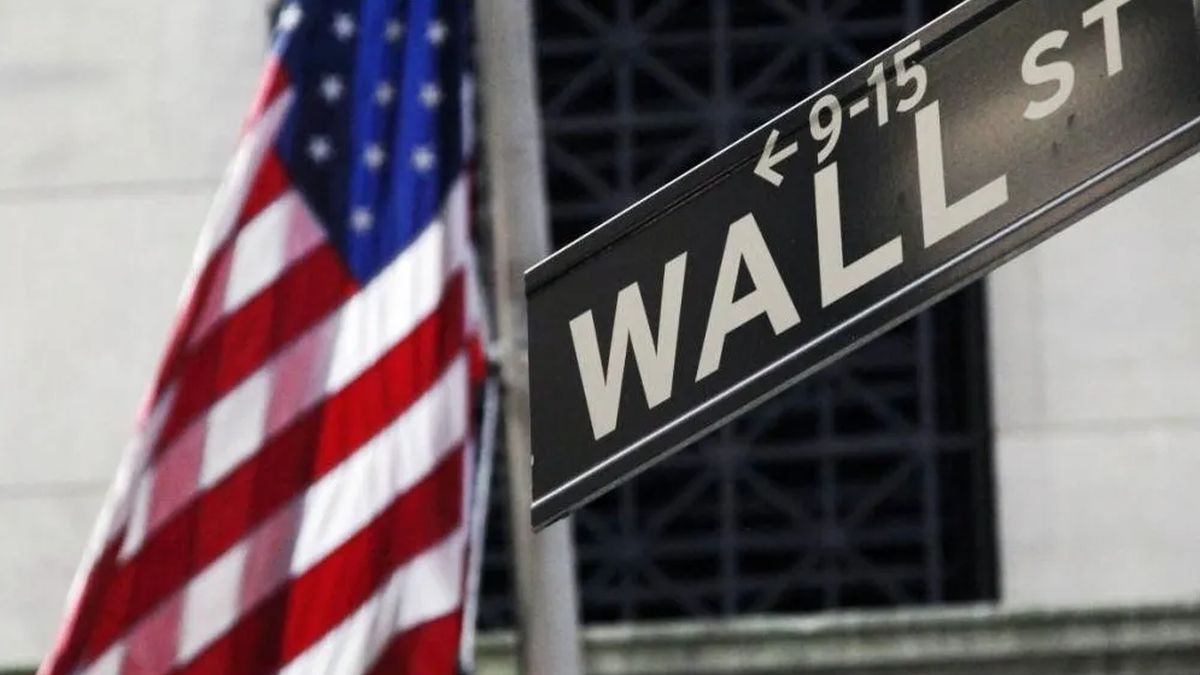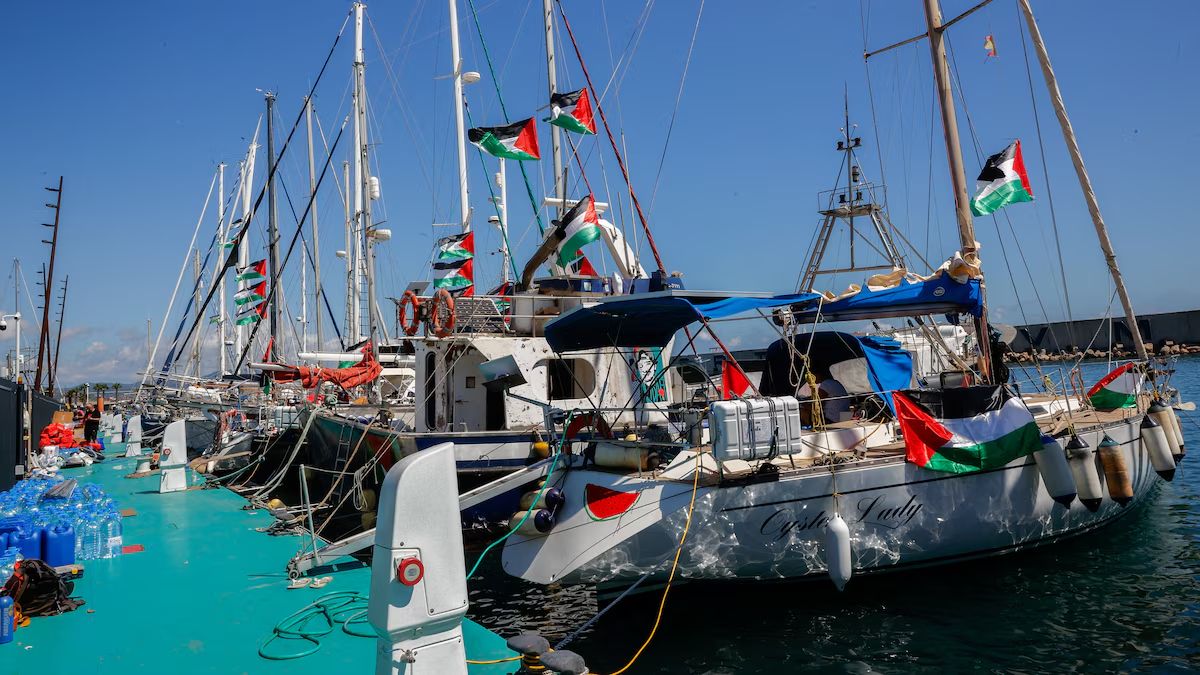In the Buenos Aires stock market, the S&P Merval index rose 0.3% to 88,042.62 points, after giving up 0.43% in the previous round. In the leading panel, the main increases corresponded to Grupo Financiero Valores (+5.4%), Cablevisión (+2.6%), and Cresud (+2.4%). For their part, Pampa Energía (-2%) Aluar (-1.1%) and YPF (-0.9%) led the declines.
Argentina must pay some US$2.9 billion to the IMF in March, when the Central Bank’s net reserves are at a zero or negative level, according to analysts, which would force Congress to deal with what was agreed by President Alberto Fernández before that date.
Is required “a plan, a roadmap, (this) is central to achieving our goals. There are many ways to achieve our goals, but the focus must always be on ‘what we do it for'”said in a report Slomit Milchiker and Pablo Besmedrisnik, directors of VDC Consulting.
“The analysis of the president’s words and his position regarding the conditions of the agreement will be key. Let us remember that the treatment of the agreement is given against the clock given the ‘deadline’ on March 21 with payments of US$2.8 billion to IMF”said the consulting firm Portfolio Personal Investments (PPI).
He added that “For now, the expectation is that the opposition supports the approval and that the toughest wing of the ruling party abstains from the vote, avoiding a disruptive scenario of a break with the IMF.”
Economy Minister Martín Guzmán confirmed that he will not attend the G-20 summit to finalize technical details with the Fund’s staff. From then on, the head of the Treasury must travel to Washington to sign the letter of intent and wait for the agency’s board of directors to approve it.
Thus, in the market it is calculated that the project will enter Congress for its treatment during the first days of Marchafter Fernández’s speech at the opening of the 2022 ordinary sessions.
Bonds and country risk
In the fixed income segment, securities denominated in foreign currency closed with the majority of increases, while the country risk prepared by the JP.Morgan bank for the second consecutive day: fell 1.9% to 1,768 basis points. In this context, the Bonar 2038 gained 1.5%, the Global 2030 added 1.3% and the Bonar 2035 fell 2.3%.
According to Gustavo Ber’s analysis, “bonds are inclined towards a positive response” despite the fact that operators continue to show increased caution for dollar bonds and instead “In the current economic-financial context, they continue to favor those adjustable by CER and dollar-linked.”
Dollar-linked sovereigns closed mixed, with a drop of 0.3% for TV22 and increases of 0.2% and 0.1% for T2V2 and TV23, respectively. Finally, the bond curve in pesos with CER adjustment, “closed in the short section with a drop of 0.05%, but with an average rise of 0.30% for the medium and long section of the curve,” reported Grupo SBS.
The performance of bonds in pesos adjusted by CER was influenced by the decrease in core inflation in January compared to December 2021. The Consumer Price Index for January registered an increase of 3.9%, however, core inflation (which does not take into account seasonal or regulated prices) was 3.3%, thus falling from 4.4 % registered in December 2021.
Source: Ambito
David William is a talented author who has made a name for himself in the world of writing. He is a professional author who writes on a wide range of topics, from general interest to opinion news. David is currently working as a writer at 24 hours worlds where he brings his unique perspective and in-depth research to his articles, making them both informative and engaging.




